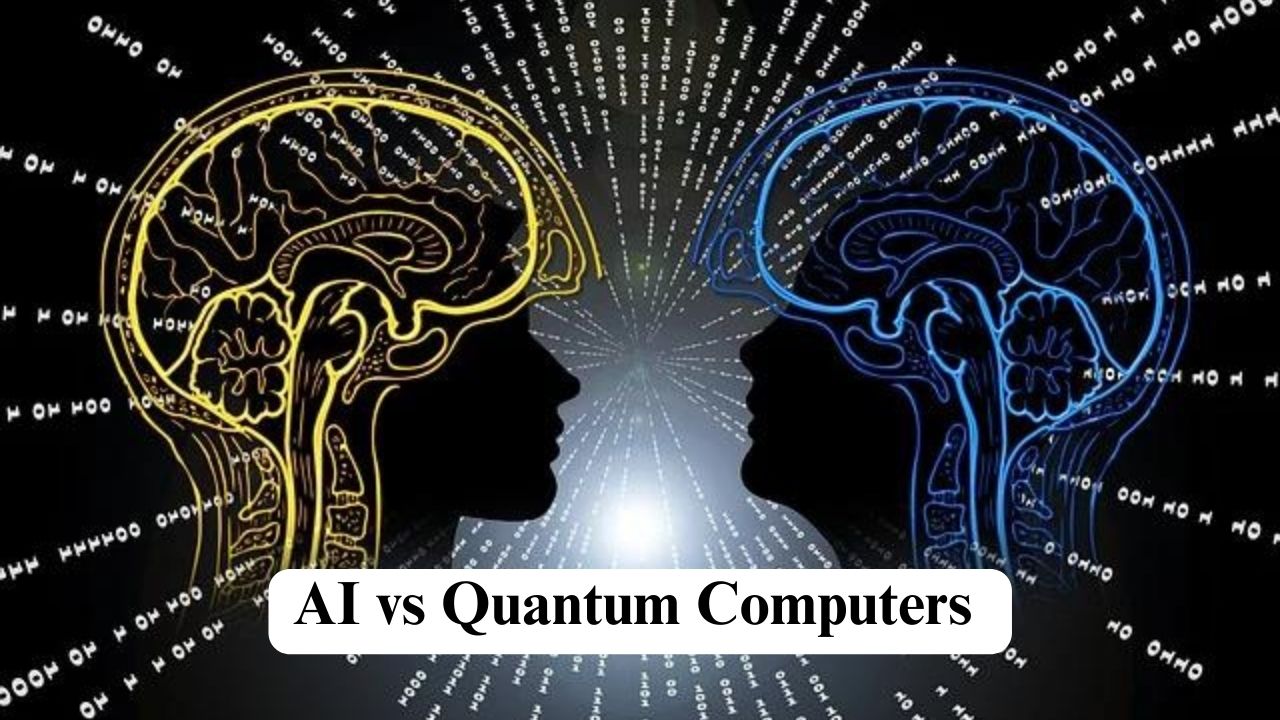As we stand at the intersection of artificial intelligence (AI) and quantum computing, a fascinating question arises: will quantum computers ever be truly useful for AI tasks? This inquiry, at first glance, may seem paradoxical; however, it invites us to dissect the capabilities of both domains and their potential symbiosis. The juxtaposition of these cutting-edge technologies presents unique opportunities and formidable challenges.
Quantum computers operate under principles of quantum mechanics, utilizing qubits that can exist in multiple states simultaneously, a phenomenon known as superposition. This enables quantum machines to perform calculations at previously inconceivable speeds. Conversely, traditional AI algorithms harness classical computing power to process data—often in vast quantities—through deterministic logic. Their reliance on established mathematical frameworks leads to optimized performance in specific tasks but often fails to capture the inherent complexity of certain problems. The union of these two technologies could herald a new era; however, several questions loom large: What tasks in AI would benefit most from quantum prowess? And are we equipped to tackle the associated challenges?
To address the potential usefulness of quantum computers in AI, it is essential to explore how quantum acceleration might affect common AI tasks. One prominent area is machine learning. Classical machine learning models, particularly deep learning architectures, can be computationally intensive, needing vast amounts of data for training. Quantum machine learning introduces the possibility of solving linear algebra problems exponentially faster than classical counterparts. For instance, algorithms such as Quantum Support Vector Machines and Quantum Neural Networks suggest a significant speedup in processing capabilities, optimizing tasks such as classification and regression.
Moreover, quantum computers excel in deriving complex patterns from large datasets. Quantum-enhanced feature selection could radically transform data preprocessing, granting AI systems the acumen to discern the most salient features from a multitude of irrelevant data points. However, translating these theoretical advantages into practical applications remains a formidable challenge. Can we effectively develop algorithms that capitalize on quantum speedups while maintaining interpretability in AI? This concern juxtaposes the power of quantum machines with our need for coherent, explainable outcomes.
Another domain where quantum computing’s impact could be transformative is optimization problems. Optimization is the cornerstone of numerous AI applications, including logistics, finance, and resource allocation. Classical methods often falter in scaling efficiently, grappling with the complexities inherent in combinatorial spaces. Quantum algorithms, such as the Quantum Approximate Optimization Algorithm (QAOA), hold the promise of providing near-optimal solutions rapidly by exploiting the quantum principle of entanglement. Yet, the development of practical quantum optimization scenarios raises queries about real-world applicability. Are we prepared for the quantum hardware limitations that may arise during implementation, or does this path remain elusive?
Meanwhile, we must also consider a philosophical dimension. The desirability of enhancing AI with quantum computing begs the question: should we? AI systems, designed to operate autonomously and learn from enormous datasets, naturally carry risks. As we append quantum capabilities to these systems, do we risk accelerating their complexity beyond human understanding? Ethical implications abound when contemplating the outcomes governed by AI fortified with quantum strategies. Could the resultant systems operate effectively outside our realm of comprehension?
A practical impediment to the assimilation of quantum computers into the AI fold is the nascent state of quantum hardware. Present quantum processors, characterized by limited qubit count and error rates, necessitate advancements in quantum error correction and fault-tolerant computing. Crucial questions emerge: Can we cultivate a stable quantum environment capable of sustaining large-scale AI algorithms? Not only must we refine technology; we must also rethink paradigms, developing new frameworks that effectively marry quantum computing with AI tasks.
Interestingly, quantum computers also possess unique capabilities that transcend mere speed improvements. The notion of quantum entanglement can inspire new breeds of algorithms that leverage probabilistic decision-making; the melding of classical AI with quantum principles may serve to create models that learn in fundamentally different manners. This approach may prompt us to reconceptualize intelligence itself, introducing a new era of cognitive architectures informed by both quantum mechanics and advanced machine learning.
As the quantum landscape evolves, it begs contemplation regarding the timeline of this synergy. While theoretical advancements abound, practical application remains an elusive prize. The intersection of quantum computing and AI consists of a dual narrative: one populated by promise and another overshadowed by uncertainty. Are we witnessing the dawn of a new epoch in computing, where quantum arrays redefine the very essence of intelligence? Or does the reality of practical limitations and ethical quandaries impose a profound constraint on this trajectory?
Ultimately, the interaction between quantum computing and AI encapsulates both hope and uncertainty. The intricate dance between rapid computational capabilities and ethical imperatives is a complex one. As research burgeons and quantum technologies mature, we may yet glimpse a future where quantum computers enrich AI tasks in ways we can scarcely predict. However, profound questions will persist, challenging us to remain vigilant in delineating the boundaries of progress, ethics, and understanding in our quest for technological advancement.












